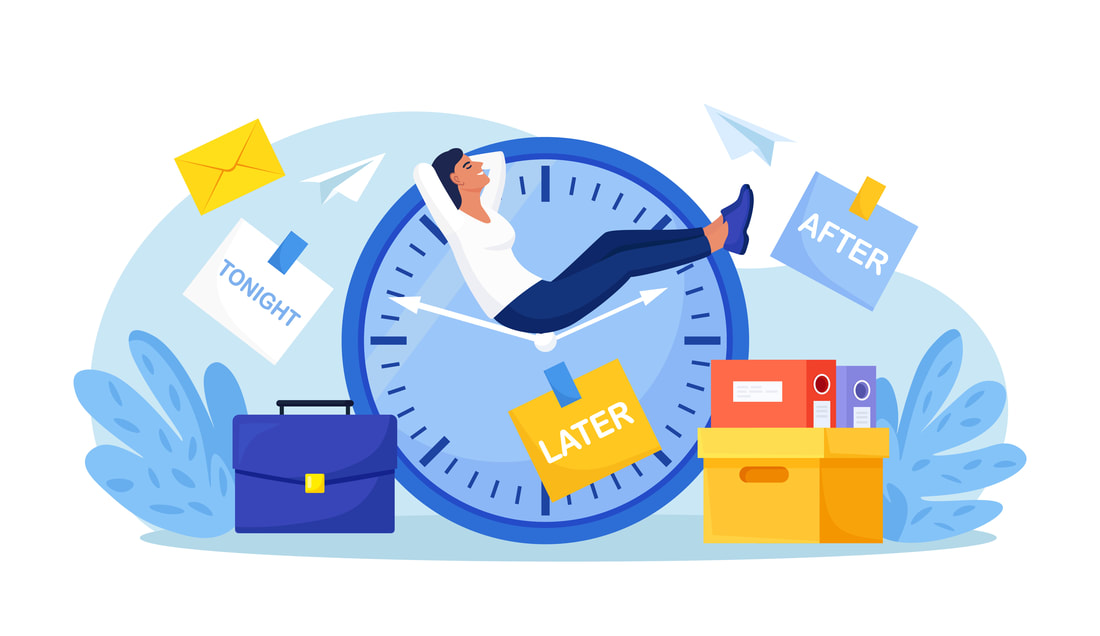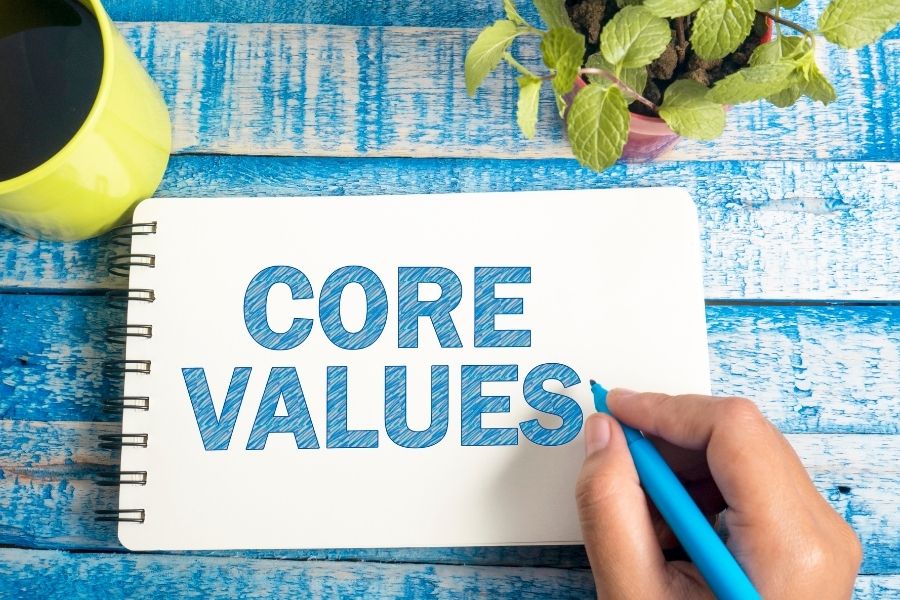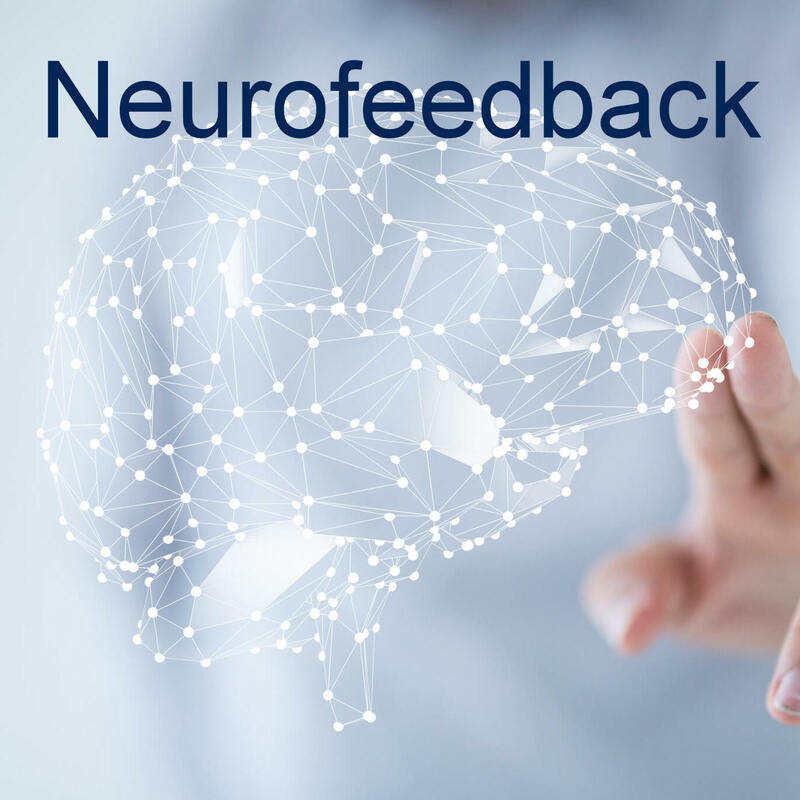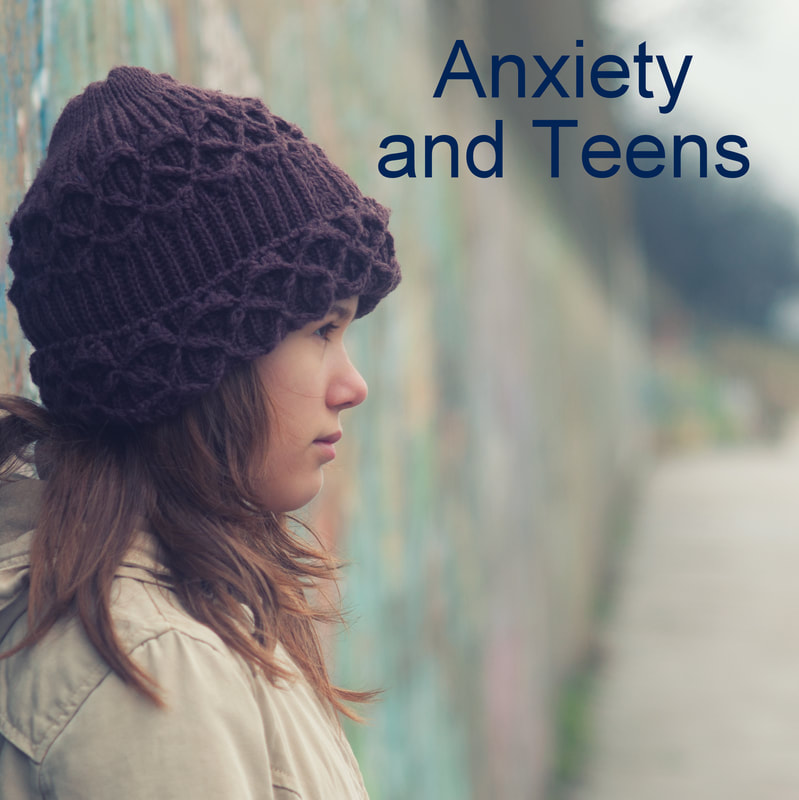|
by Marisa Columbi, MHC Intern If you find yourself asking this question, the answer more frequently than not is YES! The truth is everyone can benefit from therapy, but when is it time to seek professional help? Everyone experiences some kind of emotional distress or difficulty dealing with tough situations at some point in their life, and I can guarantee it won’t happen just once. Life throws obstacles at you at any age, whether it be work stress, problems with your relationships, loss, financial issues and so much more. In some cases, you can work through these difficulties without outside help, and at other times you may need a little support.
If you are experiencing one or more of the following criteria, you may want to consider reaching out to a therapist:
0 Comments
by Jessica Satkunasingham, LMSW In today's digital age, technology has significantly impacted the way students learn and interact with the world. One of the latest advancements in artificial intelligence is ChatGPT, a powerful language model that can generate human-like text responses. While ChatGPT has many potential benefits, such as assisting with homework and answering questions, it also poses dangers that can hinder high school students' success. In this blog, we will explore these dangers and discuss how students, parents, and educators can mitigate the negative impacts.
by Kayleigh Monahan, LMSW Summertime is always a time we look forward to, especially as New Yorkers. Gone are the gray days of winter and the cold and we welcome in the bright sun and warmth. The summer months are a great time to utilize the outdoors to help increase your coping skills and overall mental health.
The National Council for Mental Well-being lists a few ideas on their website, I’ve pulled a few of my favorites to help you start with some ideas! 1) Relax outside for a change While the appeal of the Air Conditioning and a comfortable seat inside can be great over the summer. As the sun begins to go down and the temperature outside cools you can take your book outside for a bit. The fresh air and change of scenery often help us to avoid getting stuck in a depressive mindset. by Jayoti Chabra, LMSW Procrastination is the action of delaying or postponing something.
This issue can be linked to depression, anxiety, low self-esteem, and poor study habits. Procrastination is connected to negative functioning and risks to mental health. People who procrastinate tend to have high levels of anxiety as well as poor impulse control. Procrastination is even linked to physical illness. Triggers for procrastinators:
by Melissa Marconi, LMSW Why do I keep hearing about “identifying core values”? You might have noticed a rise in discussion around “identifying values” in social media/self-help platforms lately. Several treatment modalities such as CBT and ACT emphasized clarifying values to guide decision-making, set goals, and build on clients’ strengths. I have found when I incorporate values exploration into my practice, my clients become more self-aware and self-compassionate. They are often better able to identify practical goals and improve challenges connected to family, work, relationships, spirituality, and other life domains.
by Andrea Panebianco, MS Every person has a distinct set of interests that makes them unique, including children, which is a wonderful thing to recognize as mentor, parent, or teacher. What makes this concept so compelling is that children’s interests can be used to help them learn in a variety of ways; a concept which informs an interest-based learning approach. Using interests can help instill growth and can facilitate the introduction of new concepts (Touhill, N.D.). Similarly, children’s interests can be a useful tool to boost social-emotional skills and communication.
by Melissa Laks, LMSW Why should we identify our emotions
Identifying our emotions and learning to manage them is one of the most important skills we can have. Feelings are powerful and can become overwhelming at times. With time and practice, we get better at knowing what we are feeling and why. This skill is called emotional awareness. Emotional awareness helps us know what we need and want (or don't want). For us to deal with uncomfortable emotions, it is helpful to know exactly what we’re feeling in the first place. For example, feeling a general sad is going to be experienced differently than if you are feeling lonely. So, comforting sadness would look different then comforting loneliness. by Caroline Rudin, LMSW, MS.Ed., PMH-C “Congratulations!” There are balloons and bouquets of flowers all over the hospital room. The room smells sweet and clean. Your makeup and hair are beautifully done up as you lie in bed with soft, cozy sheets and blankets, cradling your newborn in your arms. Your partner is sweetly standing over you, holding your hand, in amazement of your efforts and your child. Your family rushes into the room to gush over your baby and take turns holding and changing her for you so you can begin to rest.
“CUT!” Does this sound like a fairytale? A television commercial? Most times, it is. Let’s rewind, shall we? by Linda Montalbano, LPMHC 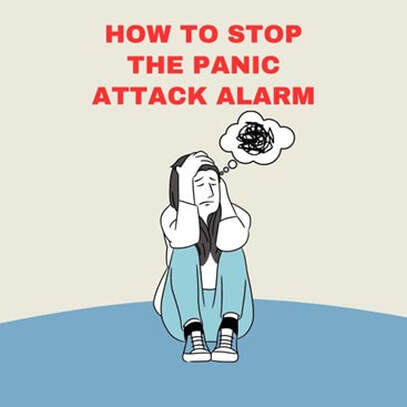 Have you ever experienced a panic attack? Heart pounding…thoughts racing…stomach rolling…palms sweating…ears ringing…Maybe you have experienced all these symptoms, or for you, symptoms look differently. No matter the symptoms, it can be terrifying. Some people feel as though they may be having a heart attack. Others describe panic attacks as a sense of dread. It is frustrating; it is scary. However, panic attacks can be managed successfully! It is helpful to understand what triggers panic attacks. Common causes of anxiety include: Work/school pressures Stories in the news Family issues: a sick loved one, a death Relationship issues Peer pressures Social media Changes/life transitions The pandemic Trauma Learned behaviors: mimicking others who experience panic attacks. Once we recognize what could be causing or triggering the panic attacks, it is easier to understand why they occur. Working on or through the triggers can help reduce the onset and severity of panic attacks. But there are some useful tips to reduce the symptoms of panic attacks. by Denise Wright, Ph.D, BCBA, LBA When we decide we want to change our behavior, we have turn our dream into an actual goal. The goal outlines the outcome in a specific measurable, achievable and relevant time-based format.
Specific- You must describe exactly what it is that you intend to do. Measurable- The goal must include something that can be counted or quantified such as duration or frequency. Achievable- The goal should be based on something you can do; it must be something that does not require vast change that would be insurmountable. Relevant- The goal must be related to the dream- it must be something important and meaningful that will help you to accomplish the goal. Time based- The goal must have a time frame by which the goal should be met to measure efficacy and hold one accountable. |
Archives
October 2023
Categories
All
|




